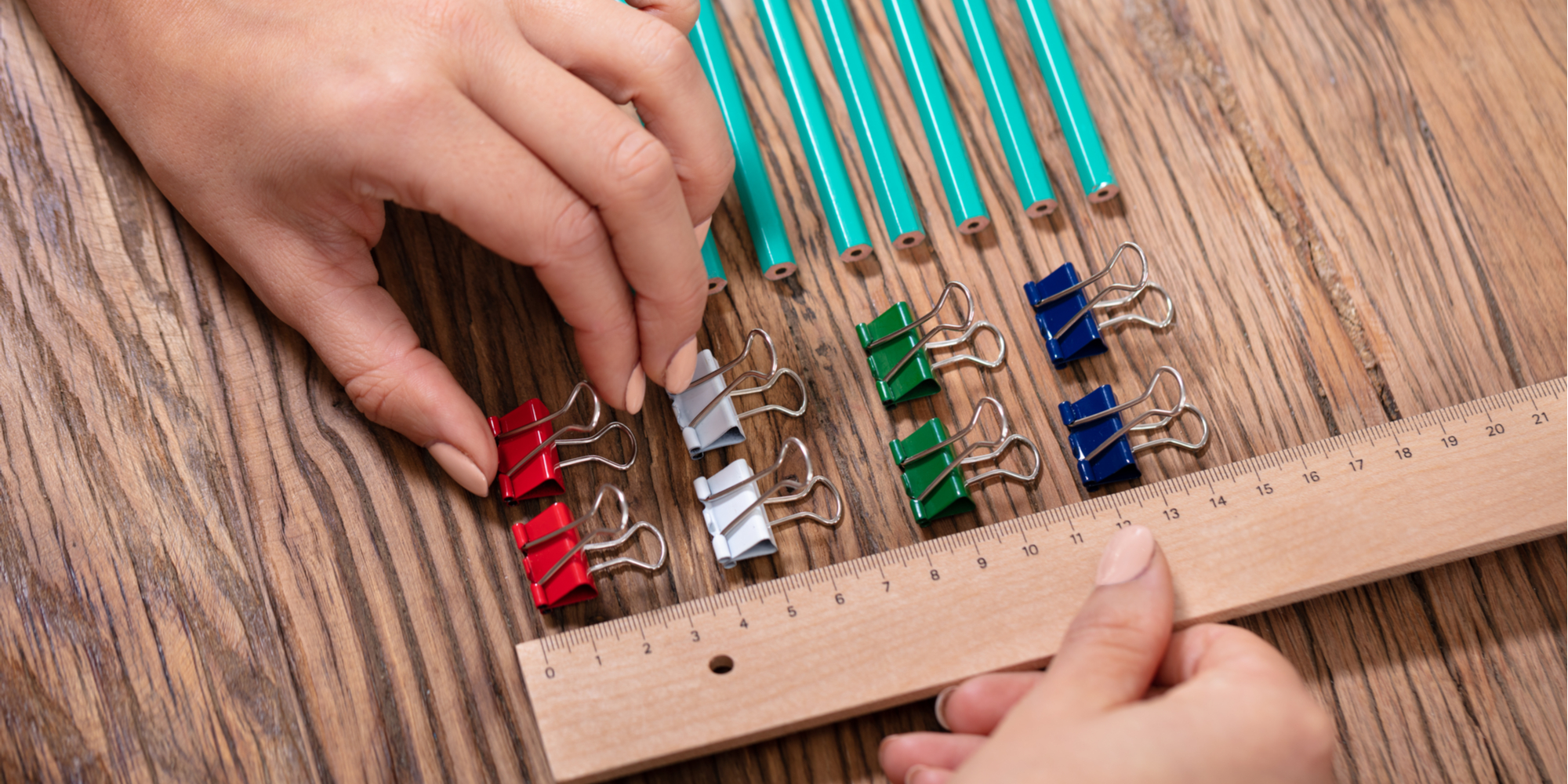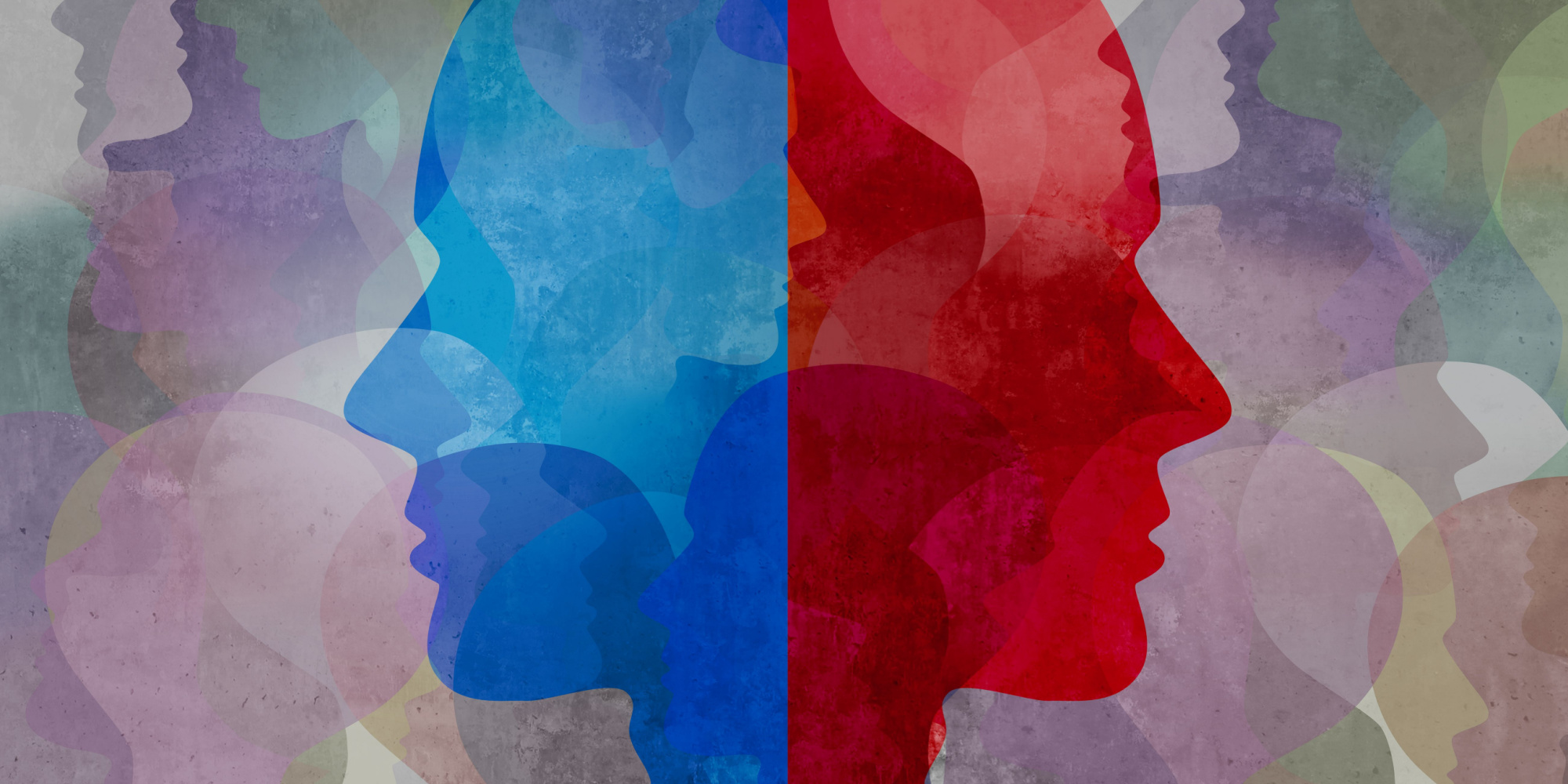Obsessive compulsive personality disorder, or OCPD, is a personality disorder that permeates a person’s life. It can make you obsess over details, take order and rules to the extreme, and perfectionism is the standard. From work to recreation, you may treat every area of life with the same stringent attention to detail.
Knowing if you have a problem and seeking treatment can be very difficult because identifying your OCPD as a problem isn’t always easy. Instead, it’s much easier to feel like there isn’t a problem at all, and the way you like to do things is just fine, even though it may be interfering with your daily life and your interpersonal relationships.
Here’s how to know if you may have OCPD, as well as how to get help.
Contents
Symptoms of OCPD

In general, if you suffer from OCPD, you will be overly concerned with orderliness, perfectionism, and control in every aspect of your life. You may see the way you approach things as the best way, while others around you believe you’re difficult to communicate with.
People with OCPD exhibit at least a few symptoms that include:
- Such stringent attention to order that you don’t enjoy “fun” activities
- Excessively devoted to work and productivity
- Inflexibility when it comes to morality or values that don’t relate to culture or religion
- Inability to delegate tasks or work with others
- Leaving tasks unfinished because they can’t be completed to your standards
- Preoccupation with details, rules, and lists
- Hoarding behaviors, such as refusing to throw things away and/or a reluctance to spend money
It’s common to experience frustration when things don’t go the way you think they should, and in many cases, it’s difficult to understand others’ frustration because you feel like thoroughness and perfection should be the standard that everyone lives by. This is perhaps the biggest difference between obsessive-compulsive disorder (OCD) and OCPD.
How OCD Is Different From OCPD
In many ways, OCPD is very similar to obsessive-compulsive disorder, or OCD. They both have very similar names, and they both involve obsessive behaviors. However, it is important to know that they are both distinct disorders. Although you can suffer from both OCPD and OCD, you can also experience one without the other.
In general, OCD has to do with certain behaviors that are repeated due to certain anxieties you may have. For example, you may worry obsessively about germs and wash your hands excessively. You may obsessively check household locks to make sure your home is secure or obsess over symmetry and order, which causes you to constantly straighten and rearrange.
In contrast, OCPD permeates one’s work and personal life, and those with OCPD often don’t feel like they have a problem. Their thoughts seem reasonable and welcome. Those with OCD usually recognize that their thoughts and beliefs are intrusive, that they don’t make logical sense, and they often wish they would go away.
What Causes Obsessive-Compulsive Personality Disorder
There are many causes of mental illness, and in most cases, it’s impossible to pinpoint a single cause. It often includes a combination of genetics, psychological factors, and environmental factors.
A person with OCPD is likely to have a genetic basis for the disorder, as men are twice as likely to have OCPD as women, even though women are more likely to have a mental illness in general.
It is also believed that parenting style can have a large impact on whether or not you develop OCPD. Some children and those in early adulthood exhibit OCPD symptoms if one or more of their parents was extremely controlling, punitive, or had unreasonably high expectations of perfectionism.
How OCPD Affects Relationships


There are instances where people with OCPD excel professionally. This is especially the case for those who work alone, as they are willing to go above and beyond to produce high-quality work. However, it can also be the case that work can suffer in the presence of OCPD. Those who work with you may feel like they deal with constant criticism or that you’re too rigid and critical. If you have OCPD and work in teams or closely with supervisors, you may struggle to hold a job for long.
Mental illness often creates strain in relationships, and the same is true if you have OCPD. Family and friends often feel like there is no way to meet such high expectations and are likely to pull away. Criticism is often the norm, especially in parental relationships, and long-term romantic relationships are very rarely warm. Partners often feel like they’re always doing something wrong and that there is no way to make the other person happy.
However, you should not take this to mean that the strains on relationships or work life are your fault. A mental illness is precisely that: an illness. You are not a malicious party in this situation, and you deserve help and compassion.
How to Get Help
It is important to get help if you think you may have OCPD, even if you struggle to see it as a problem. If you regularly butt heads with people at work, if at least one family member has told you that you are too demanding, or if you always feel like your way is the right way, you should seek help from a mental health professional.
An adult mental health program can address the unique causes of your OCPD behaviors by requiring you to undergo a thorough diagnostic process. At Port St. Lucie Hospital, that means:
- Undergoing a mental health evaluation
- Completing cognitive screenings
- Receiving a complete medical evaluation
Based on the results, treatment for OCPD will be customized to address your specific challenges. That plan might include cognitive behavioral therapy, family education, supplemental treatments, and more.
To learn more about how you can get help, or to learn more about Port St. Lucie Hospital, call us at (772) 238-7734. You can also fill out our online form and one of our mental health professionals will get you the answers that you need.



























